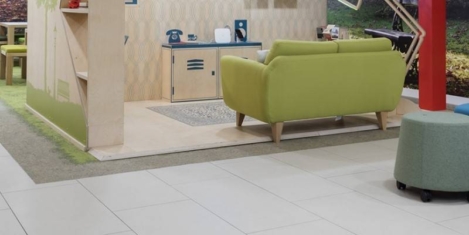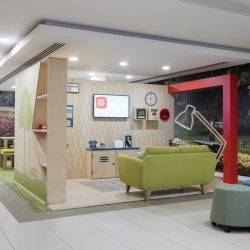To provide the best experiences, we use technologies like cookies to store and/or access device information. Consenting to these technologies will allow us to process data such as browsing behaviour or unique IDs on this site. Not consenting or withdrawing consent, may adversely affect certain features and functions.
The technical storage or access is strictly necessary for the legitimate purpose of enabling the use of a specific service explicitly requested by the subscriber or user, or for the sole purpose of carrying out the transmission of a communication over an electronic communications network.
The technical storage or access is necessary for the legitimate purpose of storing preferences that are not requested by the subscriber or user.
The technical storage or access that is used exclusively for statistical purposes.
The technical storage or access that is used exclusively for anonymous statistical purposes. Without a subpoena, voluntary compliance on the part of your Internet Service Provider, or additional records from a third party, information stored or retrieved for this purpose alone cannot usually be used to identify you.
The technical storage or access is required to create user profiles to send advertising, or to track the user on a website or across several websites for similar marketing purposes.
 BRE have launched The Biophilic Office project, a ‘groundbreaking’ office refurbishment in test conditions that will seek to provide quantified evidence on the benefits of biophilic design on health, wellbeing and productivity of office occupants. The project centres on a 650 sq. m. 1980s office building on the BRE campus in Watford, which will be refurbished according to biophilic design principles. BRE are partnering with architect and interior designer Oliver Heath, who will lead on the design element of the refurbished building.
BRE have launched The Biophilic Office project, a ‘groundbreaking’ office refurbishment in test conditions that will seek to provide quantified evidence on the benefits of biophilic design on health, wellbeing and productivity of office occupants. The project centres on a 650 sq. m. 1980s office building on the BRE campus in Watford, which will be refurbished according to biophilic design principles. BRE are partnering with architect and interior designer Oliver Heath, who will lead on the design element of the refurbished building.




































July 11, 2017
Creativity is the new productivity in the modern era of work and workplaces 0
by Serena Borghero • Comment, Facilities management, Workplace design
(more…)